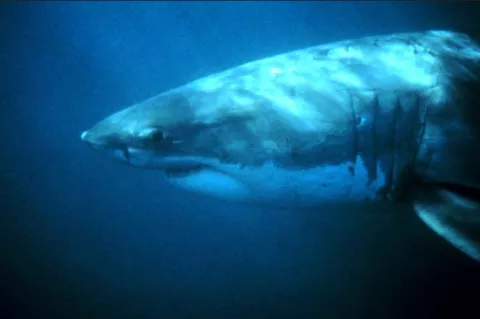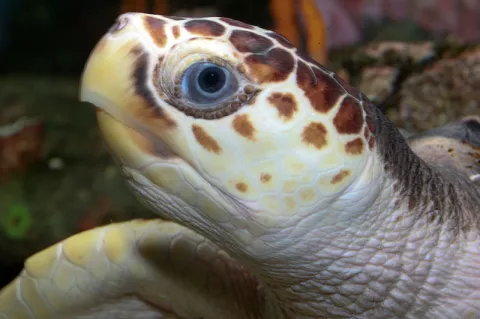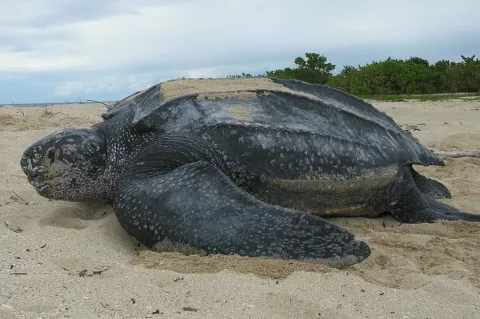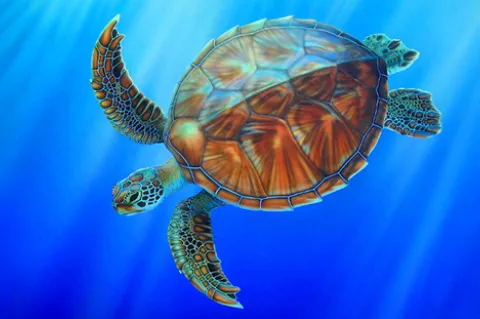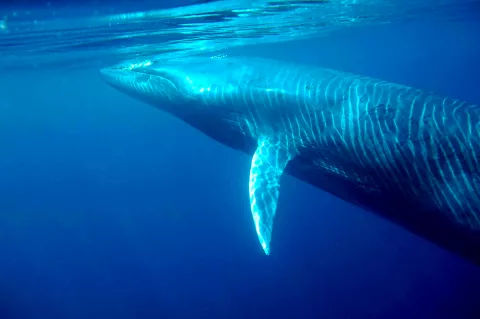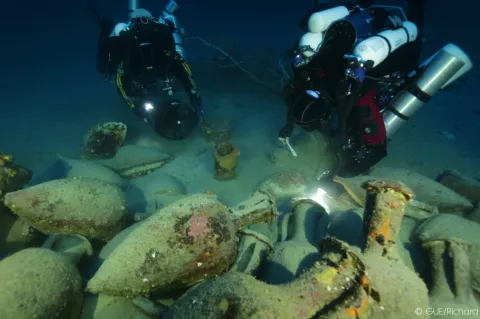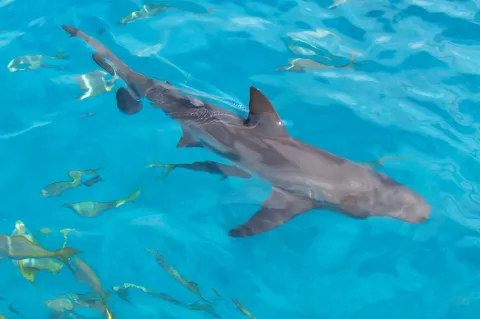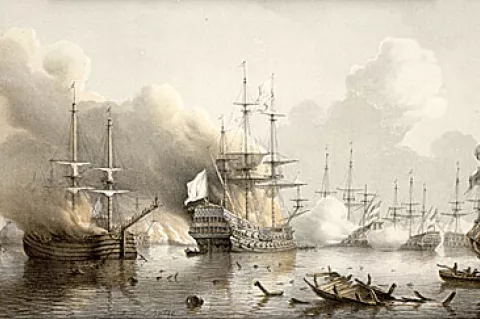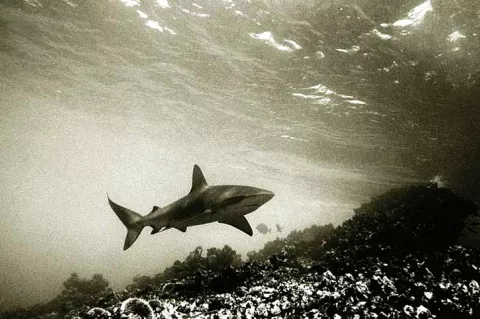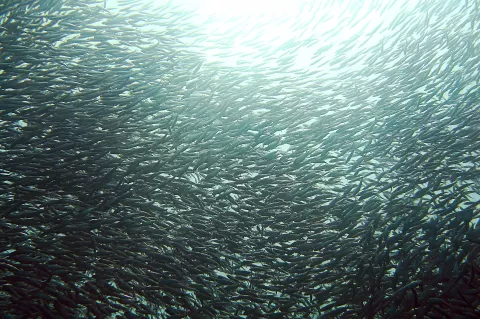Western Australia implements Internet shark tracker
In a world-first, the public is getting the opportunity to assist monitoring shark movements off the Western Australia coast in a bid to reduce the number of attacks. The Department of Fisheries has updated its Sharksmart website, which will digitally map all reported shark sightings from the public, surf lifesavers and other agencies.” We want to give beachgoers the latest information so they can make informed decisions about their water use," said Lisa Clack, manager of the department's shark response unit.

